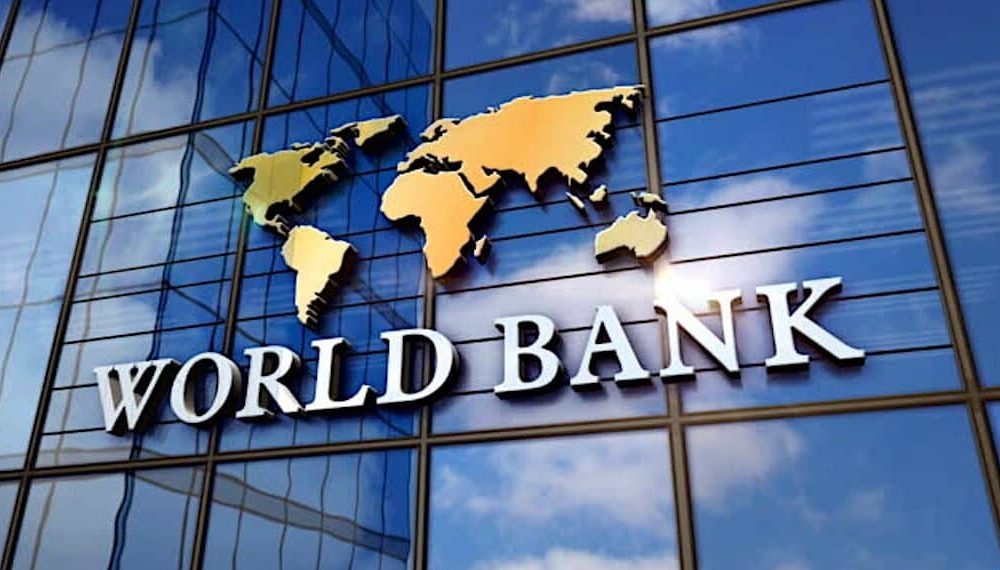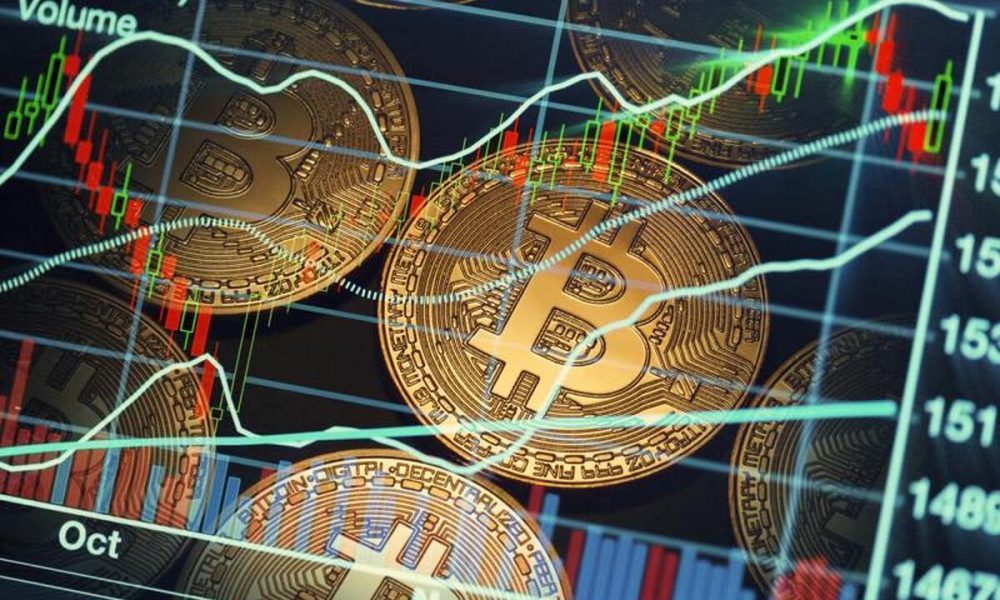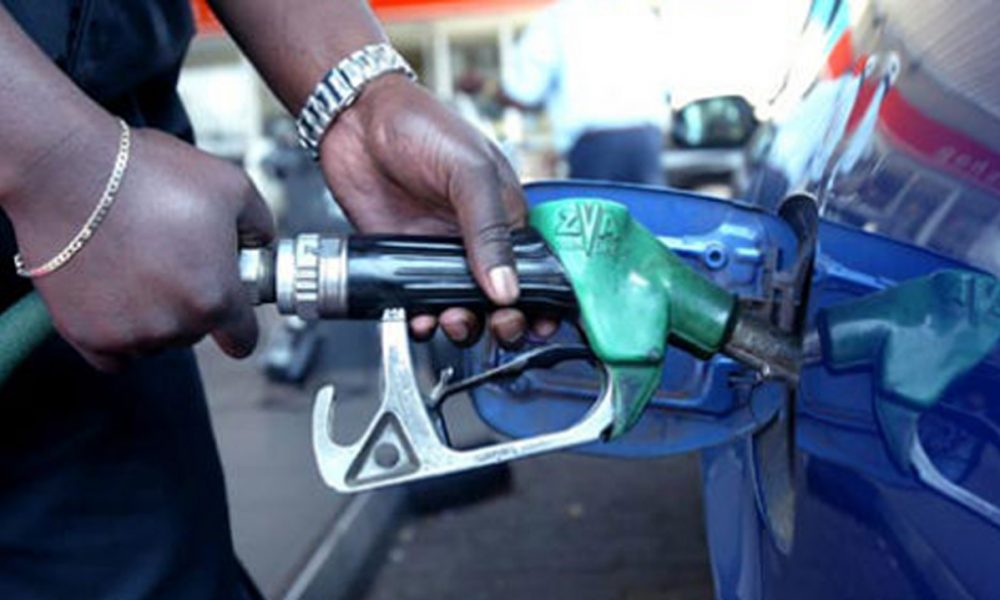World Bank Warns Against Reversing Nigeria’s Economic Reforms
The World Bank has cautioned the Nigerian government against reversing its ongoing economic reforms, which have elicited strong public discontent due to immediate hardship caused by the removal of fuel subsidies and multiple foreign exchange systems. However, the World Bank insists that these reforms are crucial for the country’s long-term stability.
In a press conference in Abuja, World Bank Country Director for Nigeria, Dr. Ndiame Diop, acknowledged that the reforms may bring short-term pain, but stressed that reversing them would be disastrous, stating, “Backtracking on these reforms would spell disaster for Nigeria.”
The economic landscape has undergone a drastic transformation since the fuel subsidy was removed, with the price of petrol skyrocketing from ₦198 to over ₦1,000 per liter. Similarly, the naira has depreciated significantly, now trading at over ₦1,700 per dollar in the parallel market, compared to just below ₦600 prior to the reforms.
In support of the reforms, Minister of Finance and Coordinating Minister of the Economy, Wale Edun, reiterated the government’s commitment to sustaining these policies. He emphasized that any effort not sustained would be futile, stating, “We’re working with the Central Bank of Nigeria and the Minister of Budget and National Planning to ensure we stay on course, tackle inflation, and drive economic growth.” The focus is on reducing inflation while encouraging investments in critical sectors like industry, which can create jobs. The government anticipates significant investments in the near future.
However, not everyone shares the World Bank’s view. Andrew Mamedu, Country Director of ActionAid Nigeria, condemned the World Bank’s stance, calling it “insensitive” to the millions of Nigerians struggling with unprecedented economic hardship.



